The changing face of luxury beauty
In an age of economic turmoil, you might expect luxury purchases to take a back seat. Yet, surprisingly, the opposite is true. Despite rising costs, younger consumers are selectively splurging – not on big ticket items like furniture or plane tickets, but rather, on little luxuries that align with their values of fluidity, authenticity, self-education, and sustainability.
Slowly but surely, this shift is shaping industries, and the beauty, wellness, and personal care sector is a prime example. Here, younger consumers are pushing brands to think beyond quick wins and craft value propositions that resonate with their ethos.
In this piece, we explore how Gen Z is reshaping the high-end beauty and personal care market, delving into the expectations of this demographic and the opportunities that lie within.
Short on time? Use these links
Tech-powered pampering
Gone are the days of costly in-office treatments and time-consuming appointments. Professional-grade beauty results are now attainable from the comfort of your own home, thanks to innovations from brands like CurrentBody and LYMA. From derma-rollers to LED light therapy masks and at-home laser systems, the tech x beauty revolution promises to democratise high-end beauty by making personalised, premium solutions accessible to a wider audience.
The brands getting it right offer more than just devices – their products come with companion apps that provide on-demand guidance, tips, and tutorials, empowering users to get the most from their purchase. The result? Deeper customer relationships that are destined to last longer.
Edible beauty
Good skin starts from within: that’s the science driving the recent uptick in edible beauty, a movement that empowers consumers to nourish their skin through functional foods and nutri-cosmetics. While serums, creams, and topical treatments have held centre stage in the skincare space for generations, this trend takes a holistic approach. From Hailey Bieber’s viral Strawberry Glaze Skin Smoothie to Vida Glow’s marine collagen powder, edible beauty offers a convenient and effective solution for those looking to prioritise their well-being in a time-pressed world.
By developing innovative, nutrient-rich beauty products in various forms, companies can cater to the needs of modern consumers seeking effortless ways to achieve healthy, glowing skin. To succeed in this evolving market, brands must focus on clear, substantiated claims, personalisation, and consumer education, ultimately positioning themselves at the forefront of the Edible Beauty revolution.
Hyper-personalised care
AI and AR are nothing new, but where AI beauty is breaking new ground is in custom product-building. Brands such as Function of Beauty, Skin+Me, Skin Dossier, Klira, Proven, Atypical, and Dermatica have begun to create haircare and skincare regimens—and even custom products—based on each user’s own unique data. The intersection of healthcare, beauty, and AI holds enormous potential, educating people about their bodies and identifying ingredients to avoid or seek out, thus democratising skincare.
Leveraging AI to offer personalised skincare and haircare solutions can set brands apart in a crowded market. By providing customised products and regimens, brands can cater to individual needs and preferences, fostering deeper customer loyalty and satisfaction.
Future-proofing your skin
In the past, value propositions in the skincare space have focused on improving the appearance of skin. Today’s consumers seek products that promote long-term skin health; they view beauty as an outward reflection of inner wellness, and are drawn to companies that share this perspective. Brands like Evenprime are making waves with scientifically formulated, environmentally friendly, and honest skincare products designed to cater to all ages, races, and genders.
Developing skincare products that protect against environmental stressors like pollution, UV rays, blue light from screens,attract urban consumers concerned about pollution and other daily skin aggressors. Emphasising sustainability and transparency in ingredient sourcing can further appeal to purpose-driven consumers.
Crafting a new beauty narrative
The definition of luxury in beauty remains constant, but the way younger consumers engage with it has shifted dramatically. Millennials and Gen-Z prioritise authenticity, sustainability, and holistic wellness. To win their loyalty, brands must align with these evolving values through transparent practices and cutting-edge offerings that promote convenience, accessibility and self-education. Those that successfully redefine luxury to mirror the priorities of modern consumers will lead the industry’s transformation and shape the future of high-end beauty.
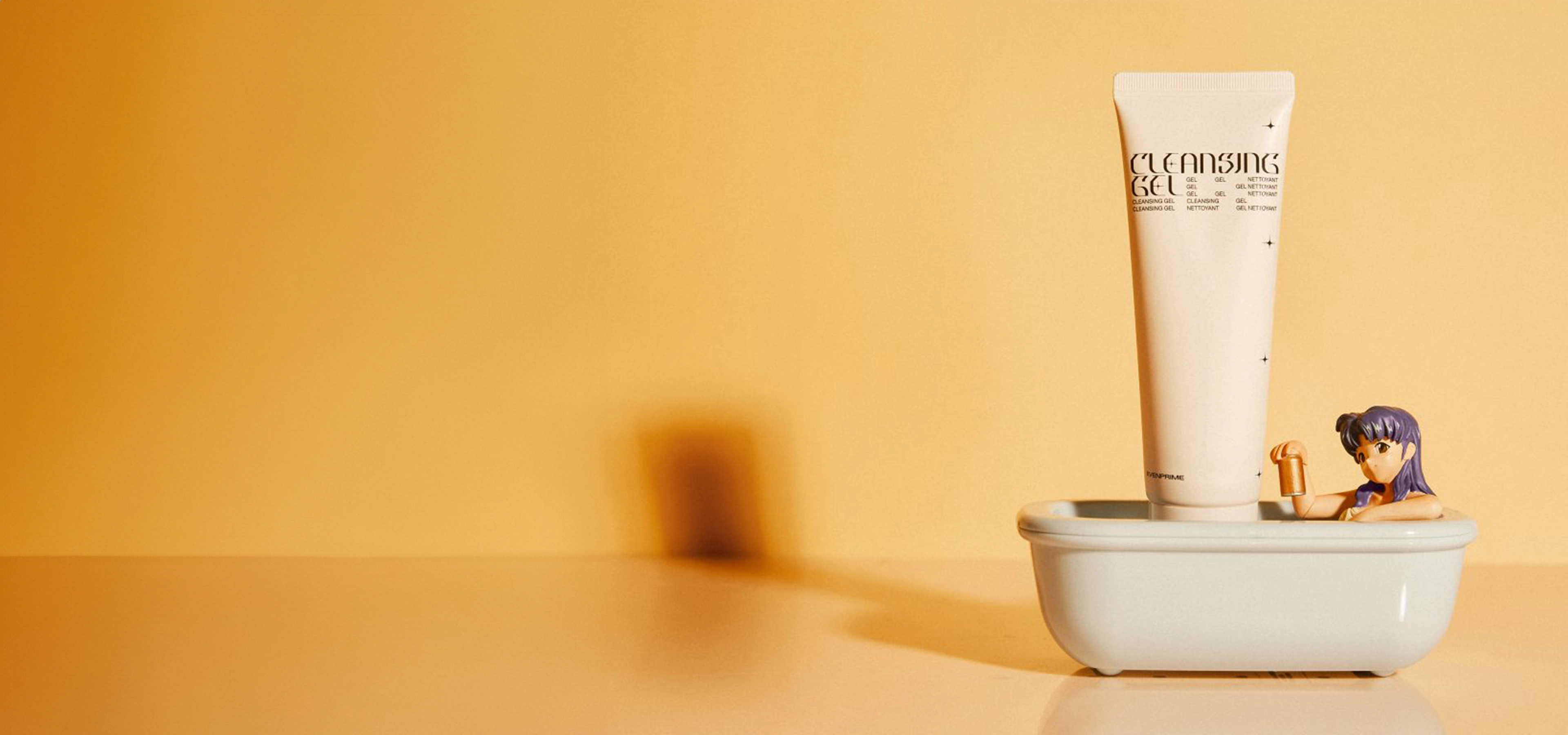
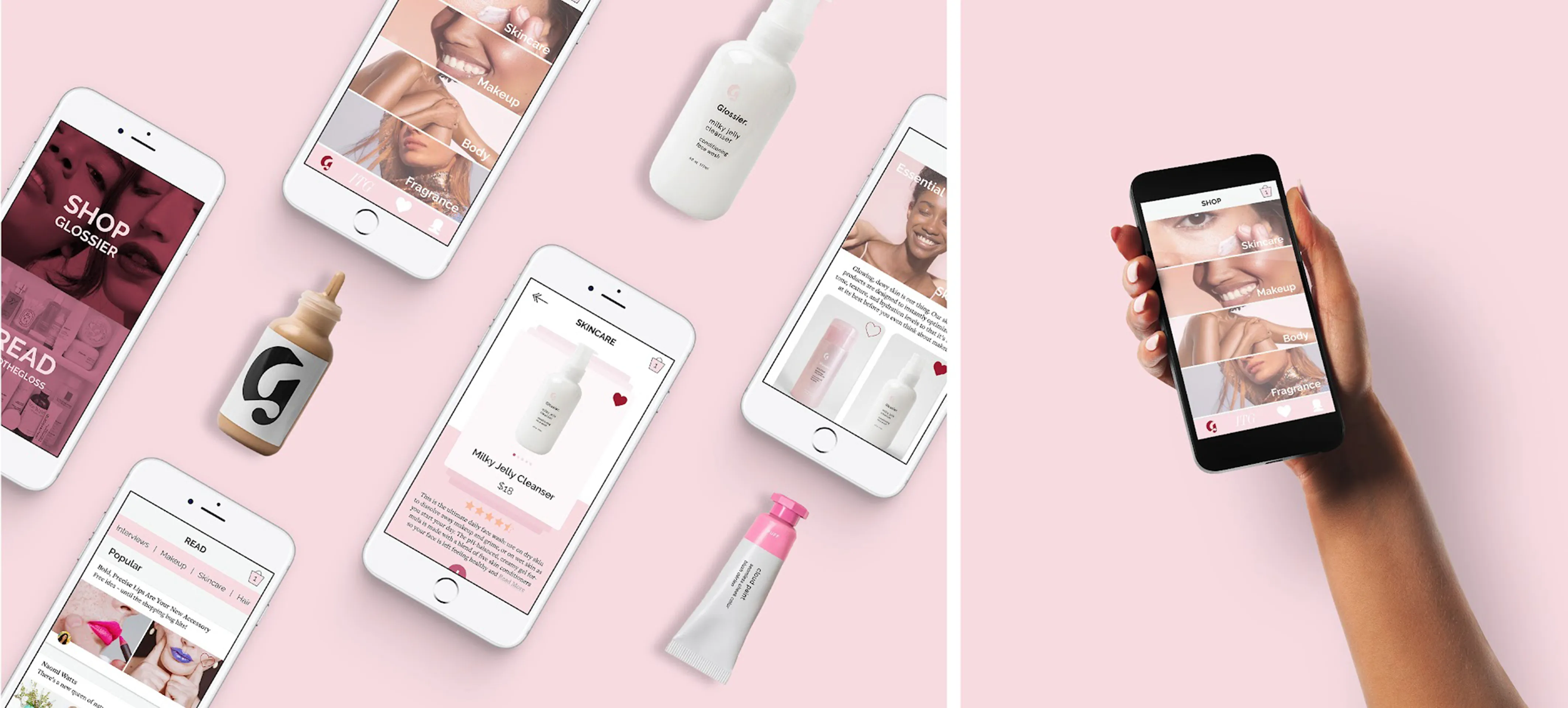
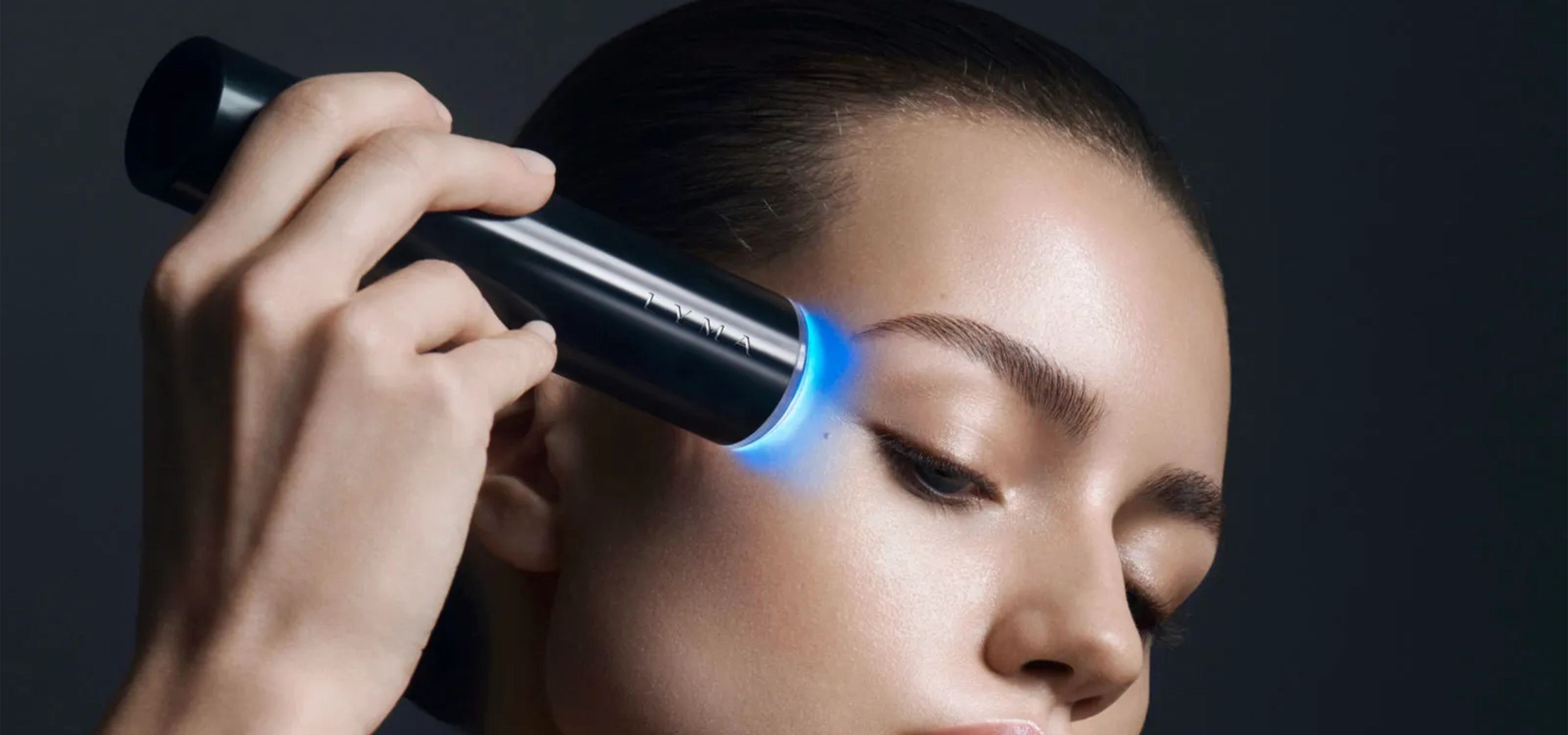
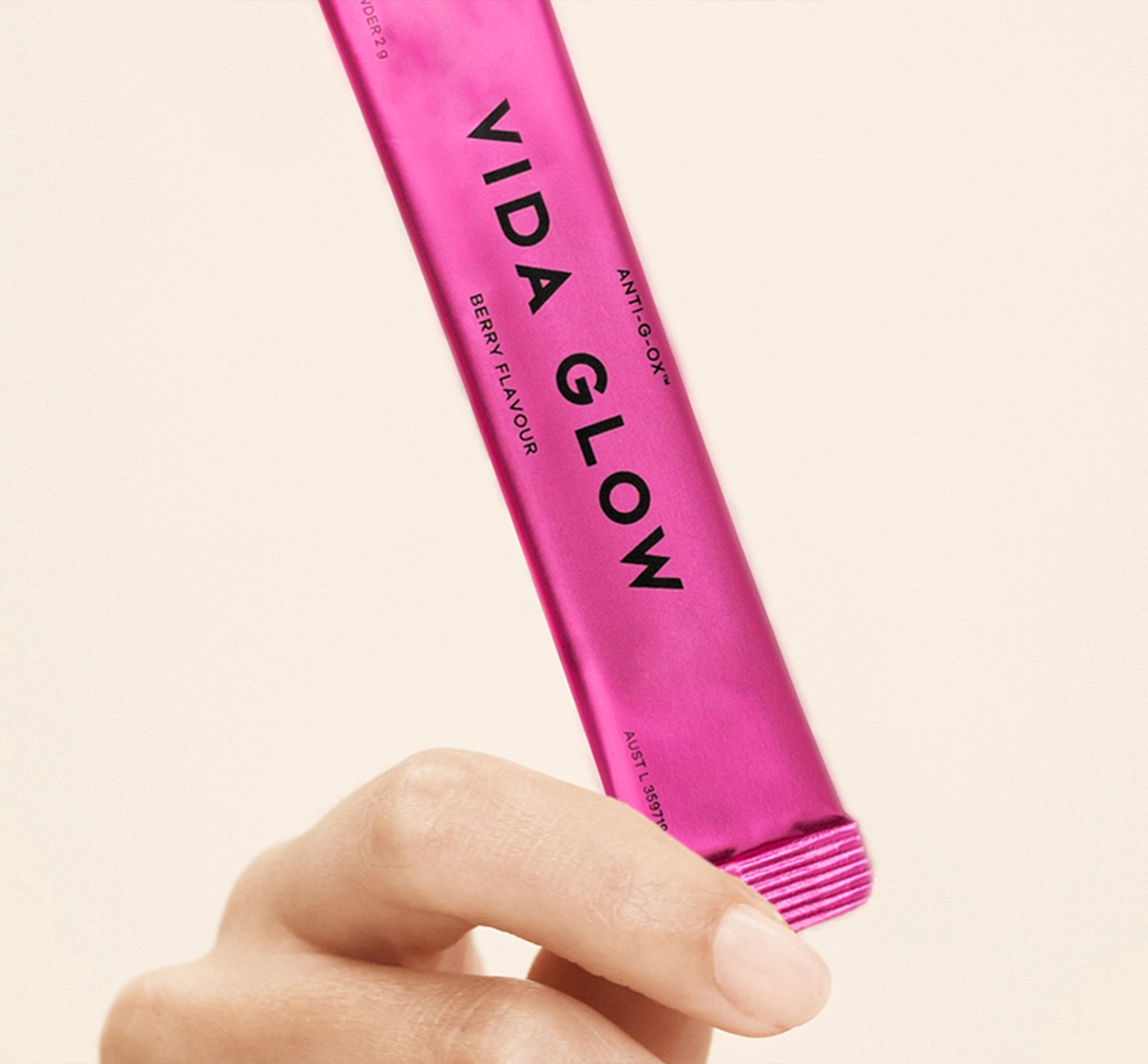
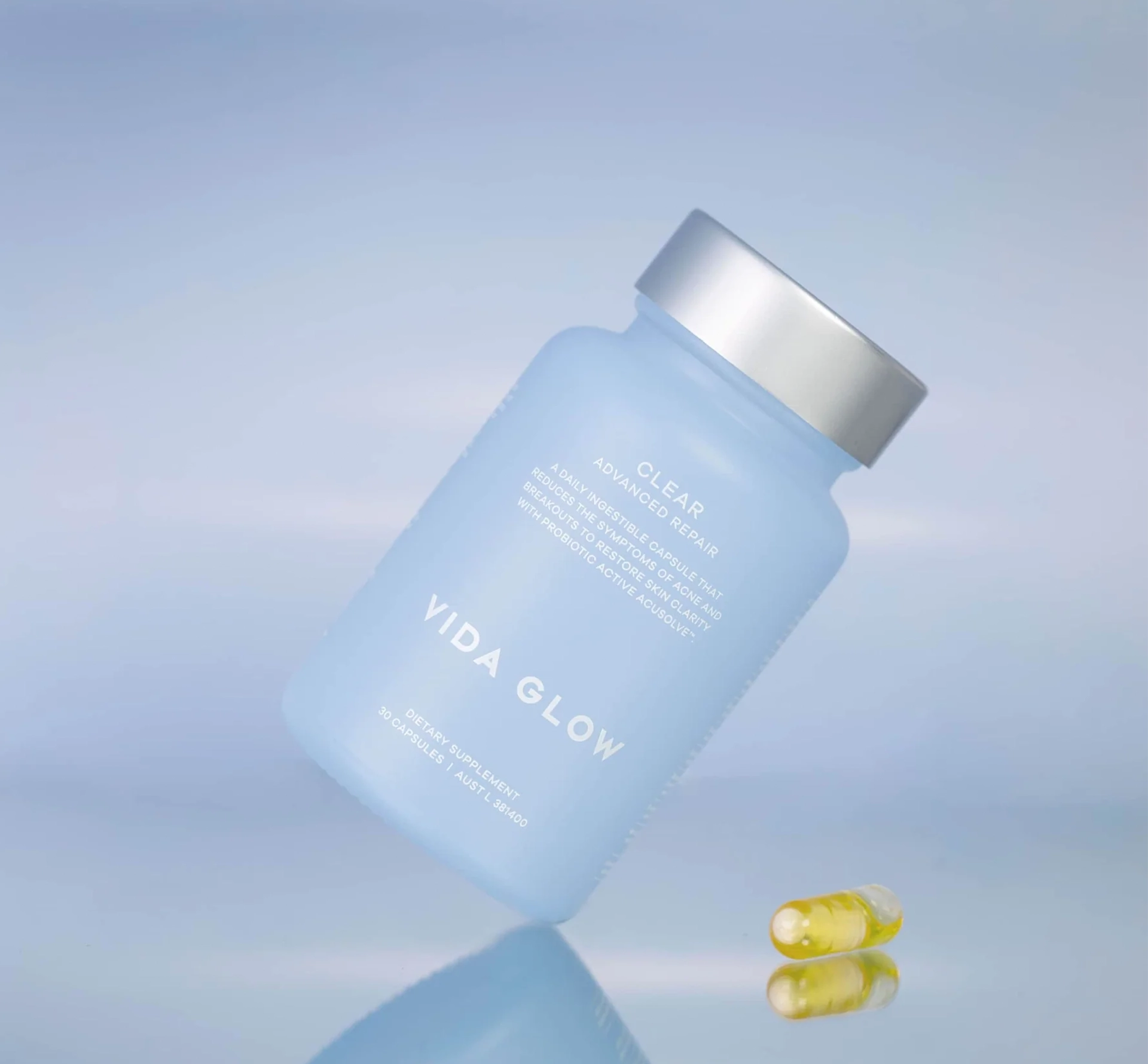
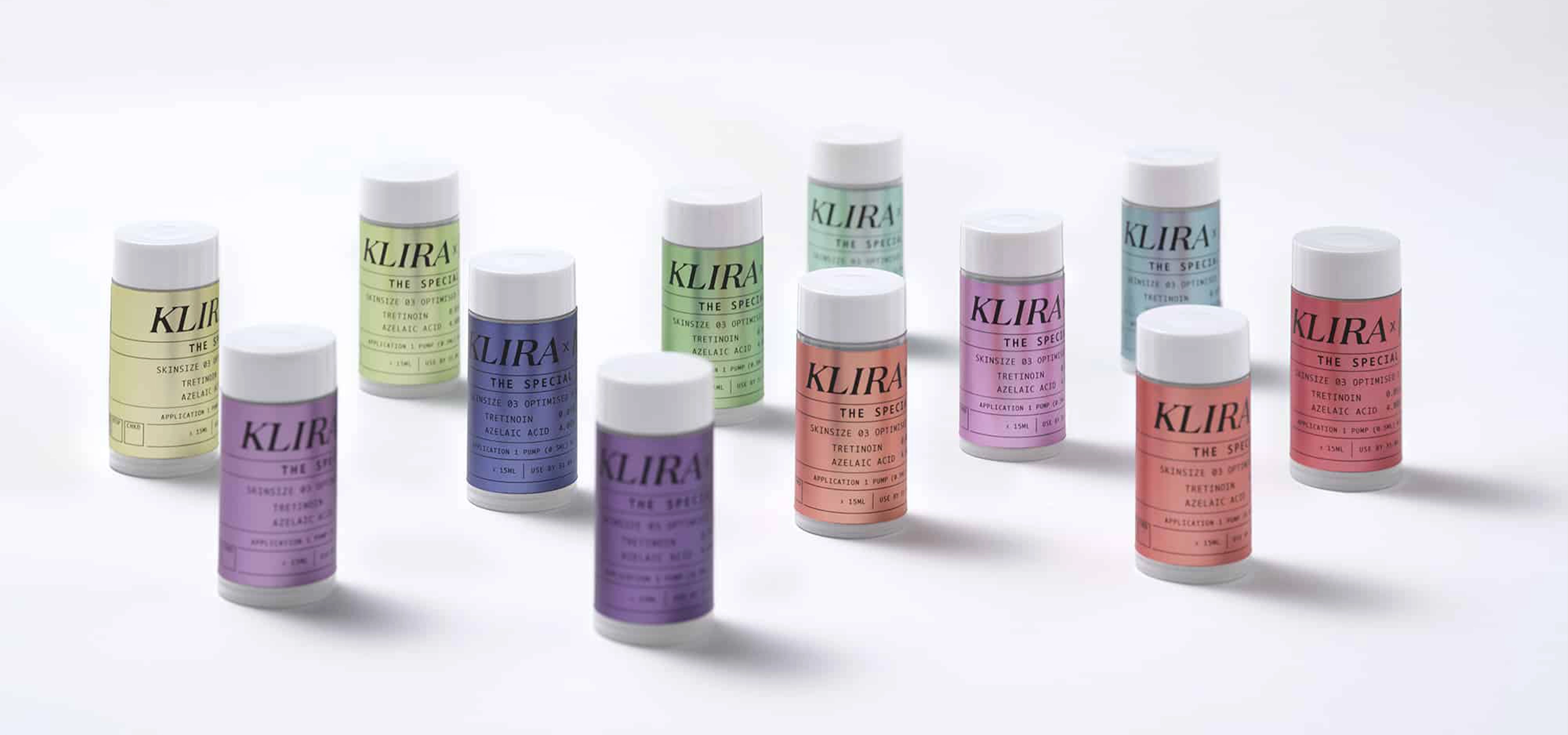
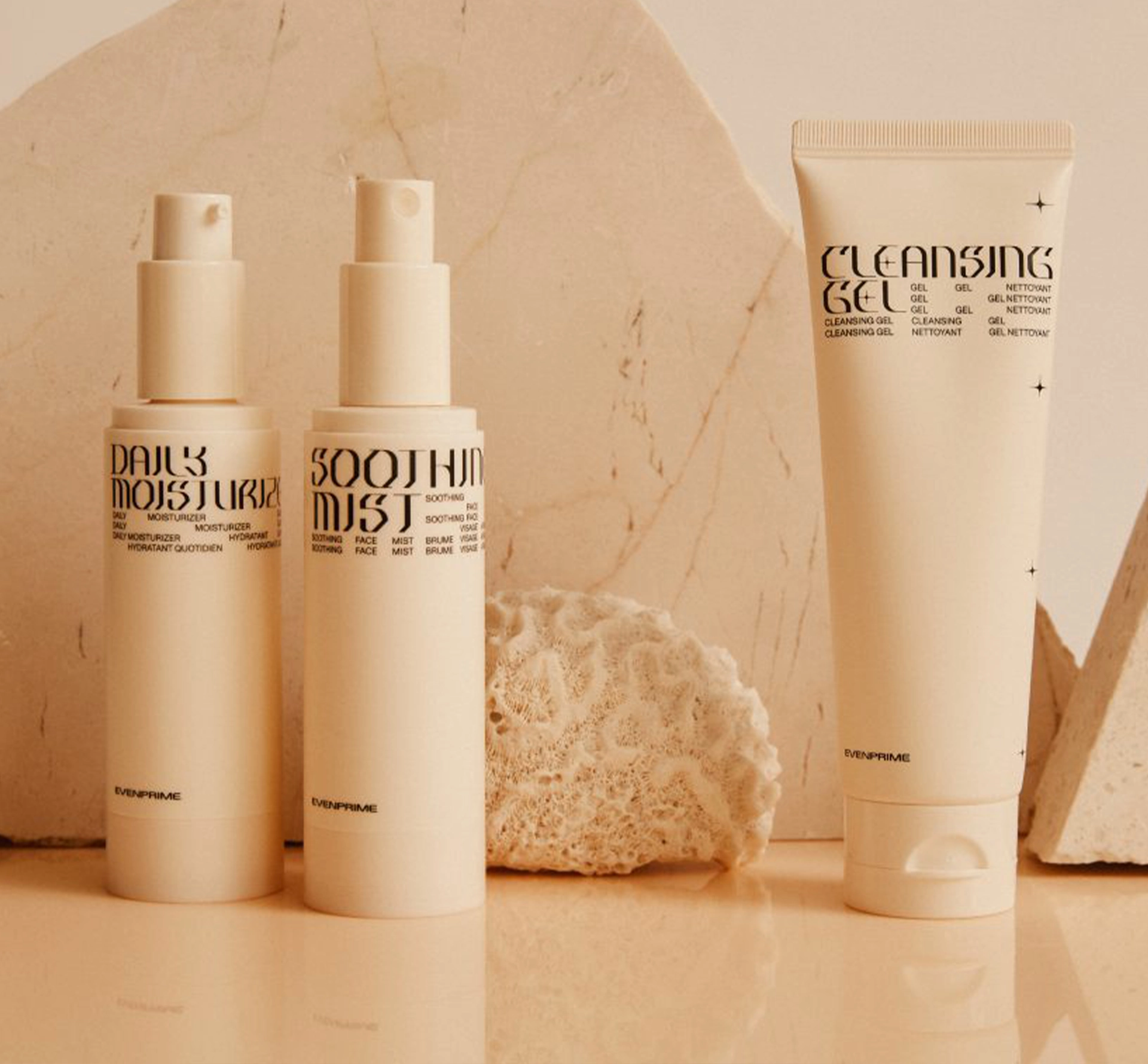
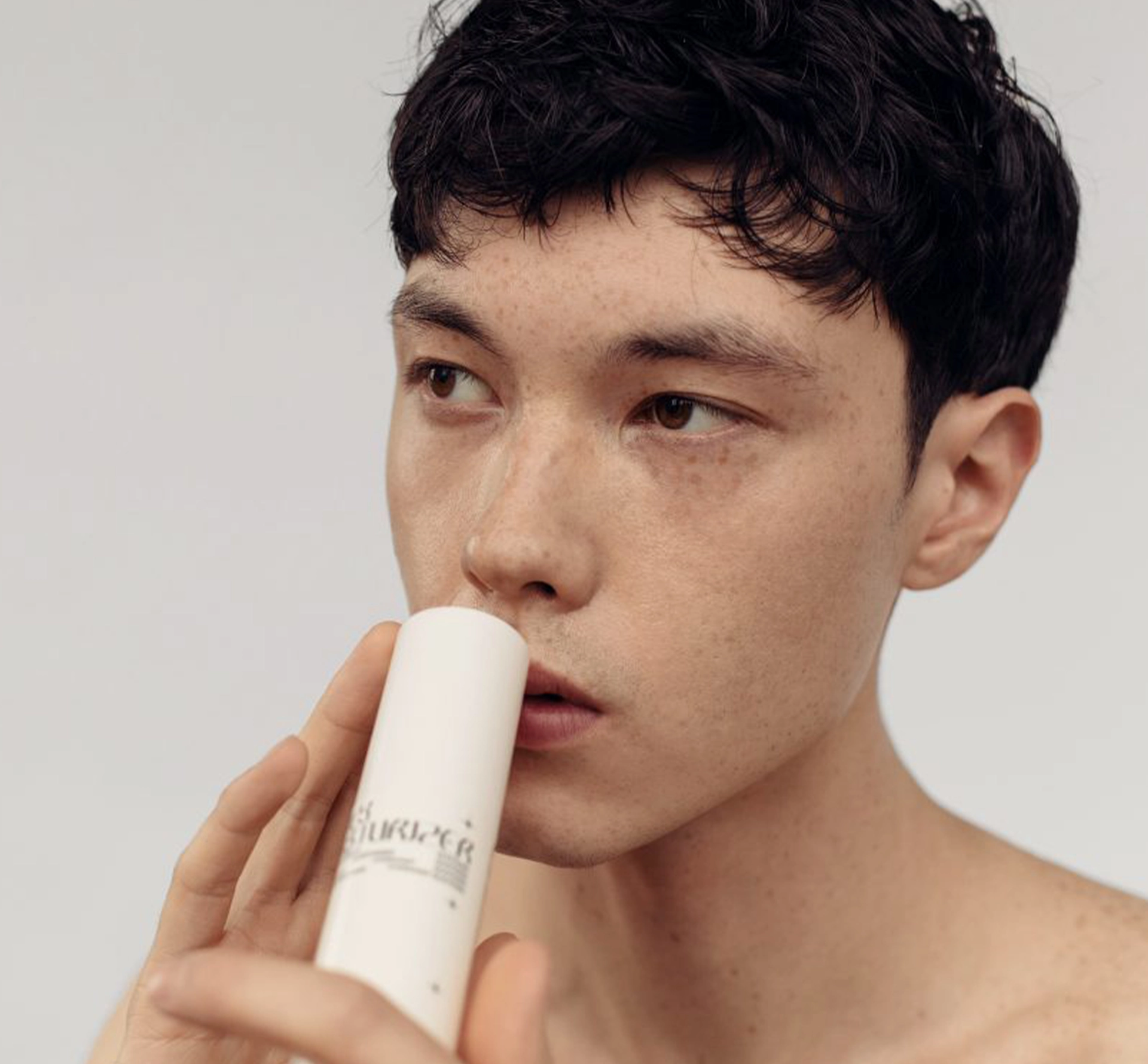
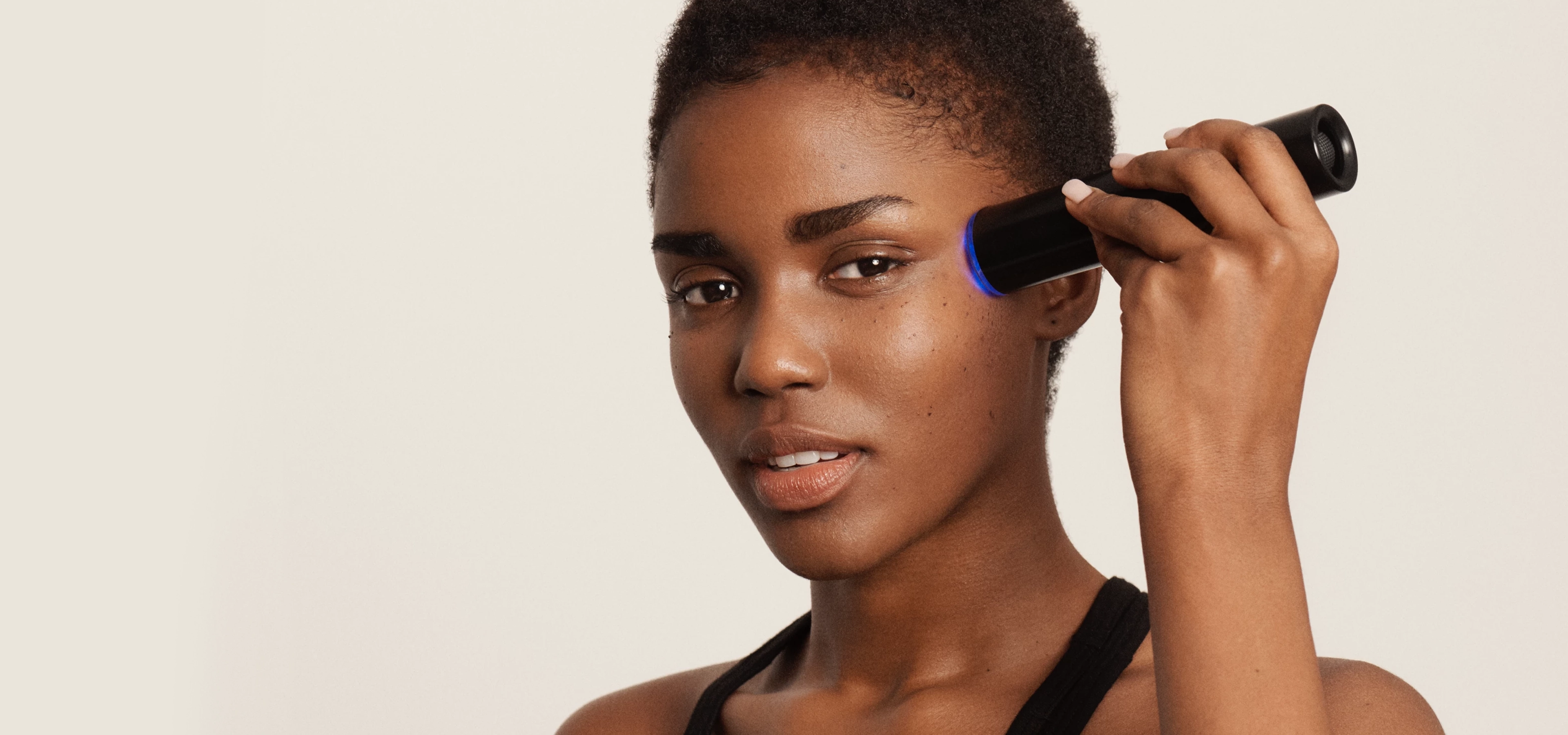
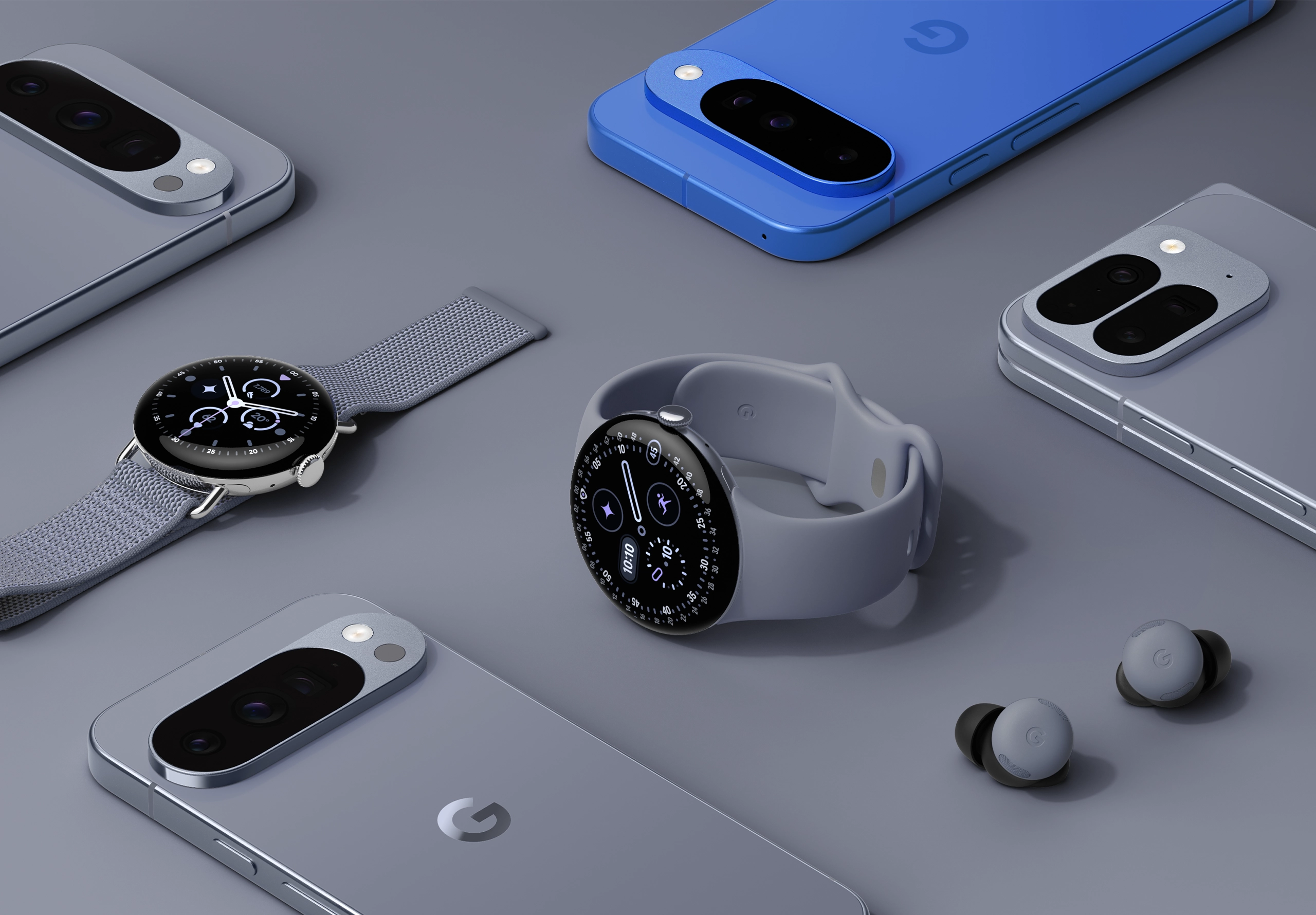
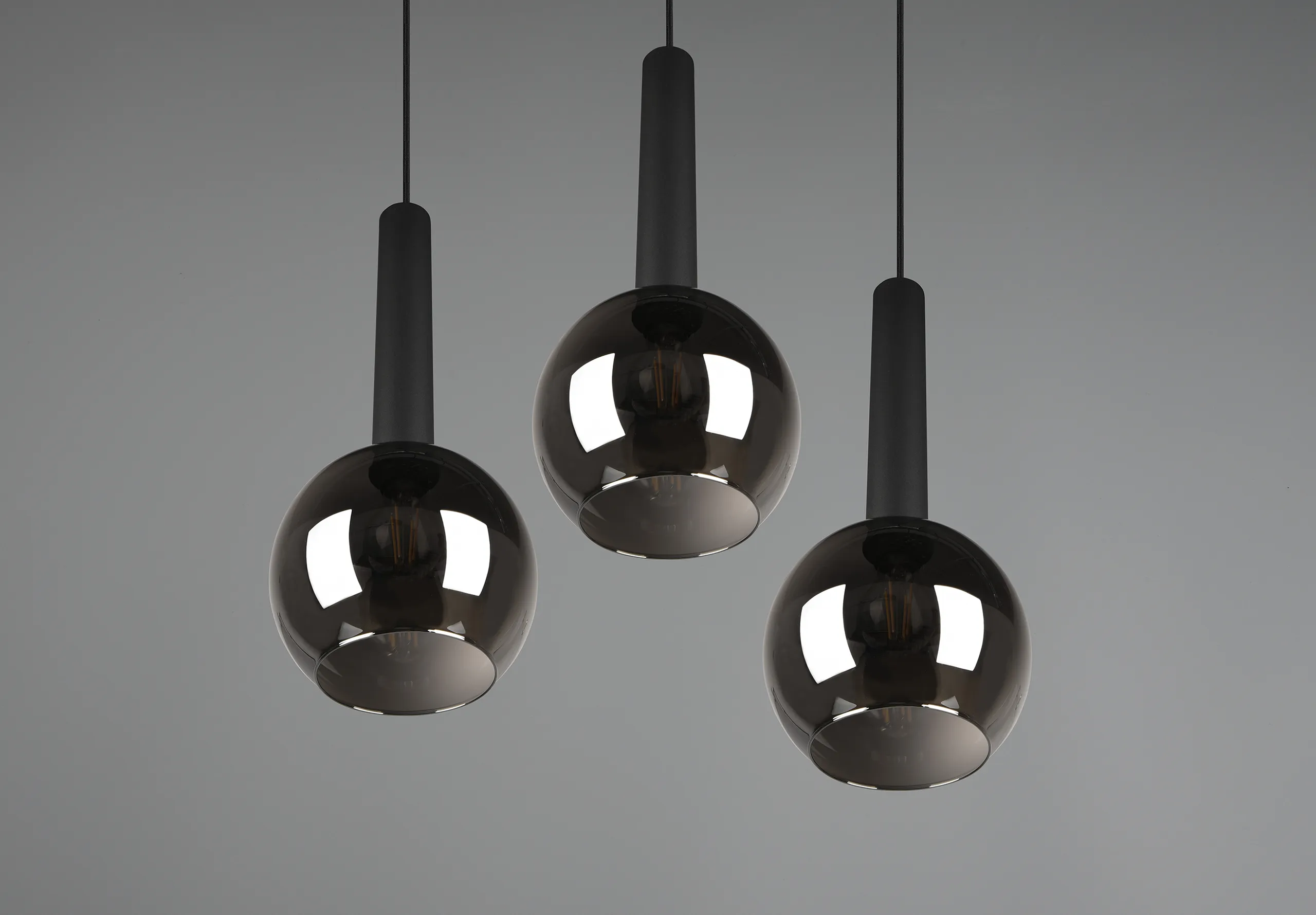

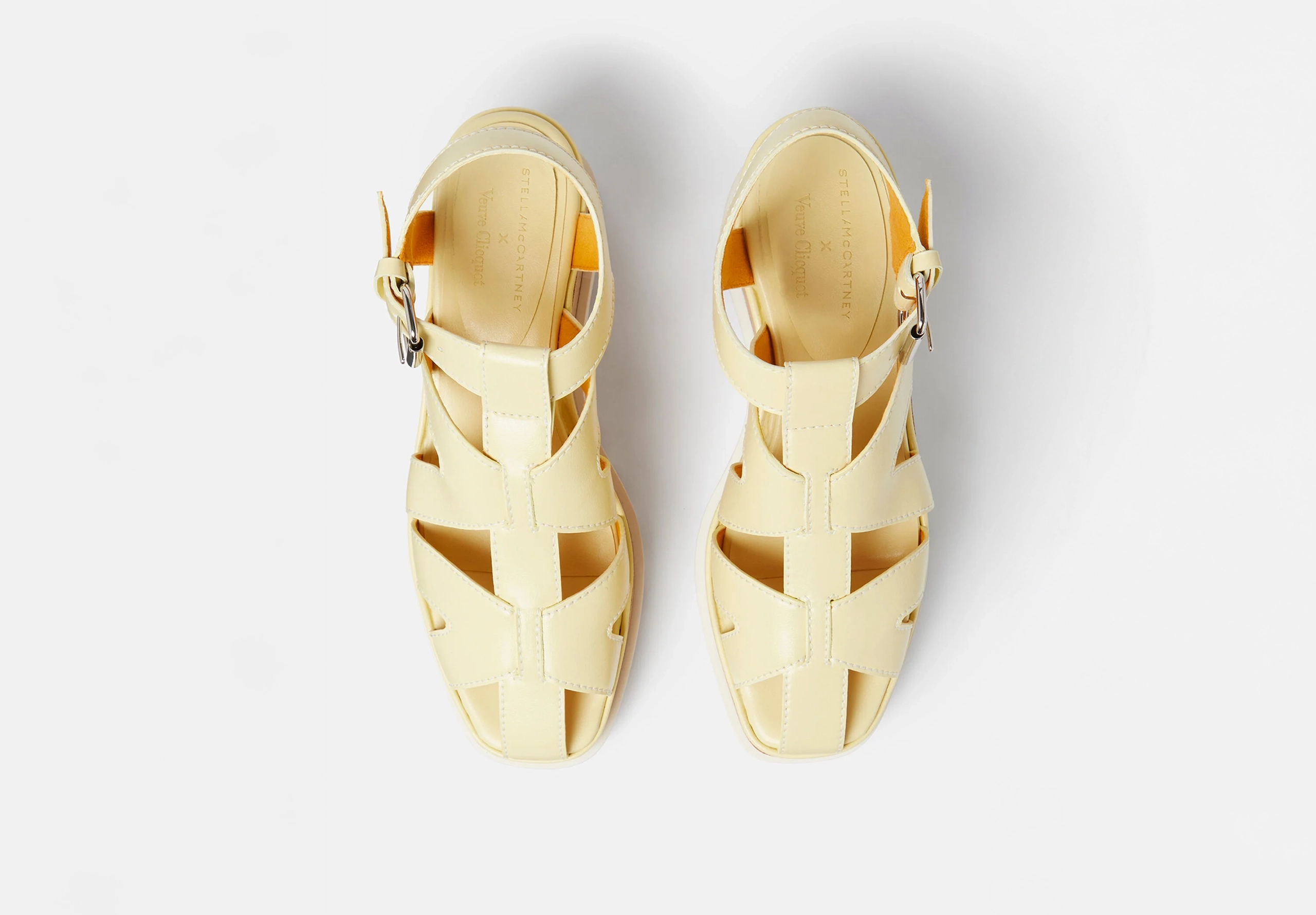
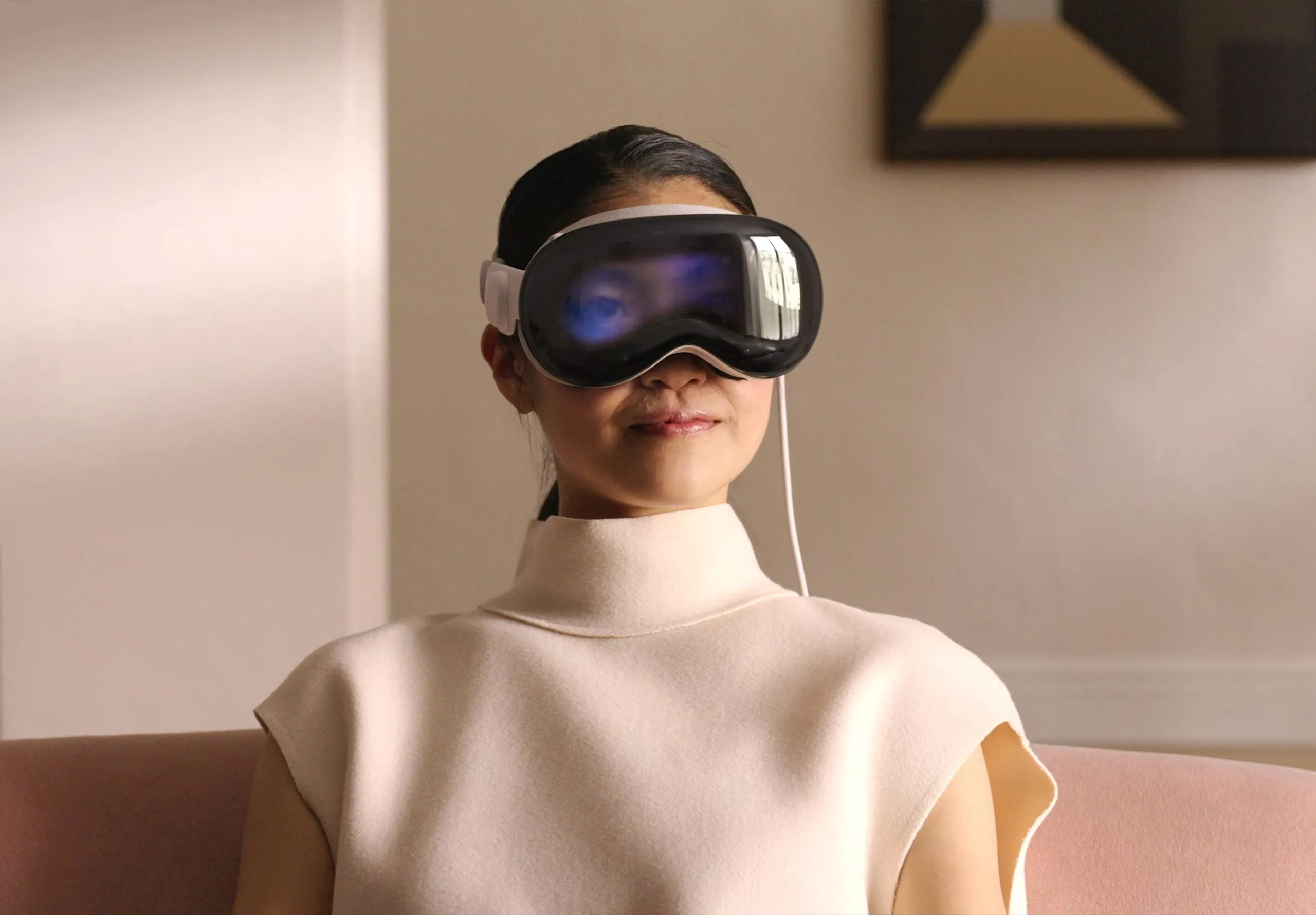
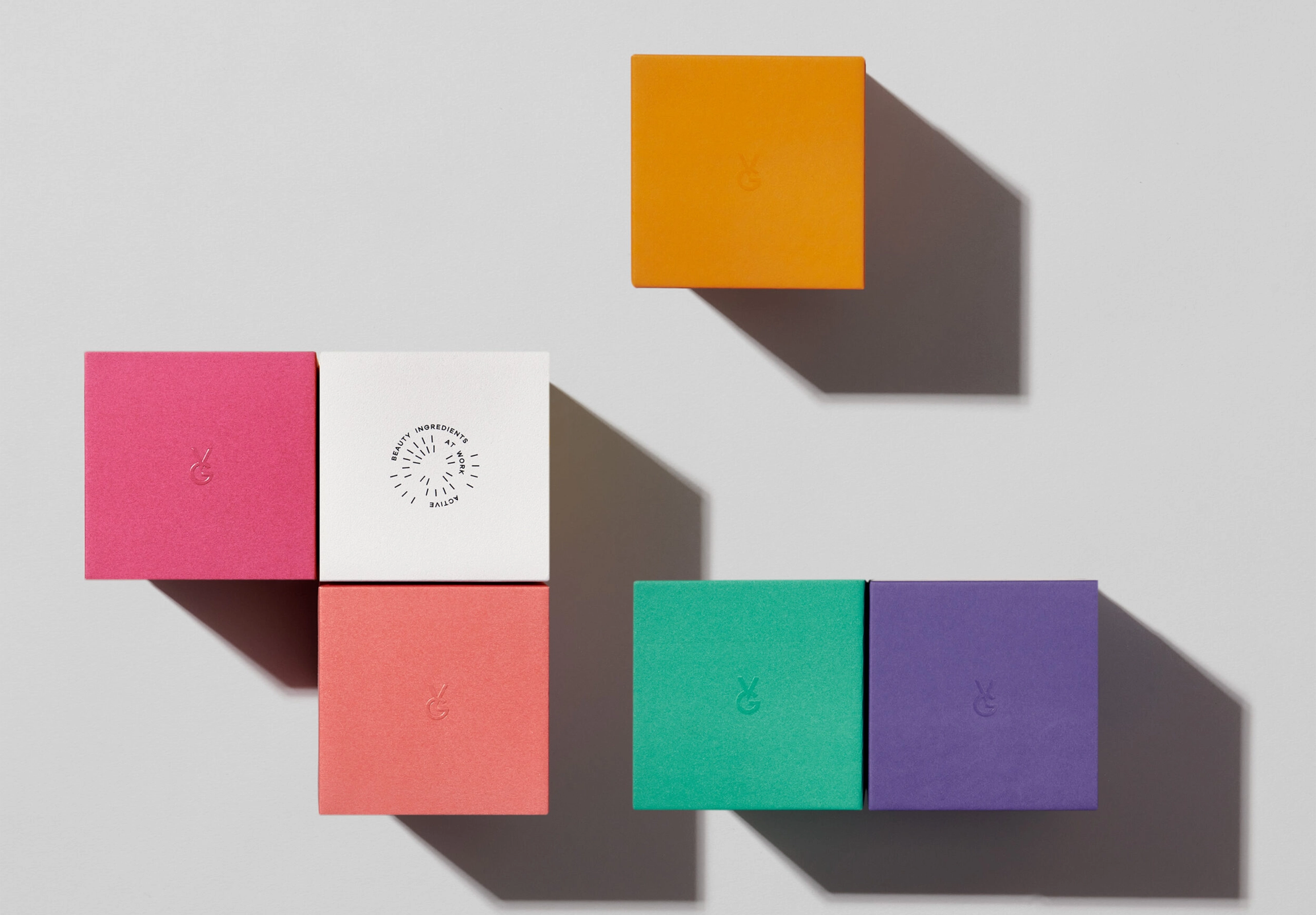
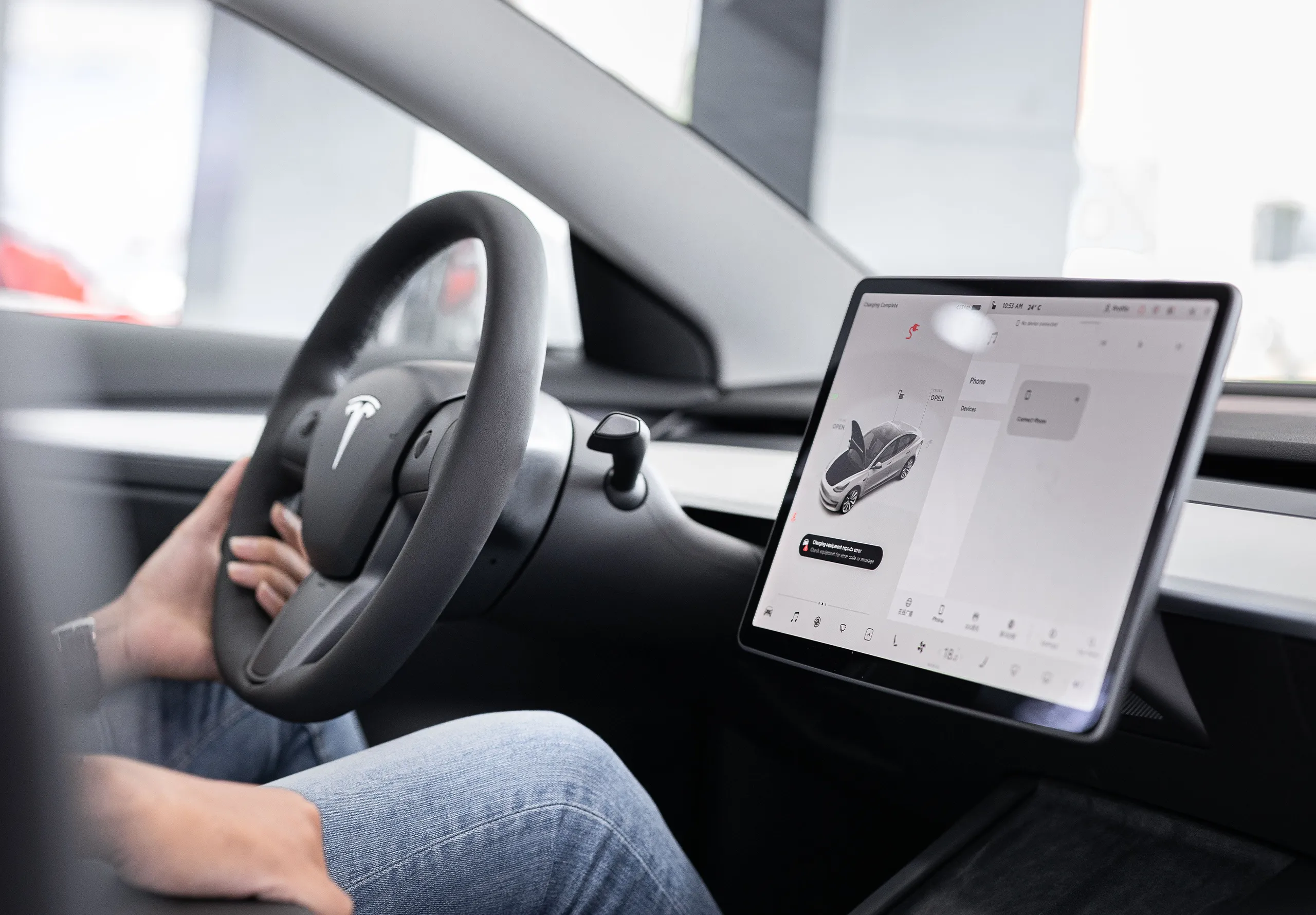
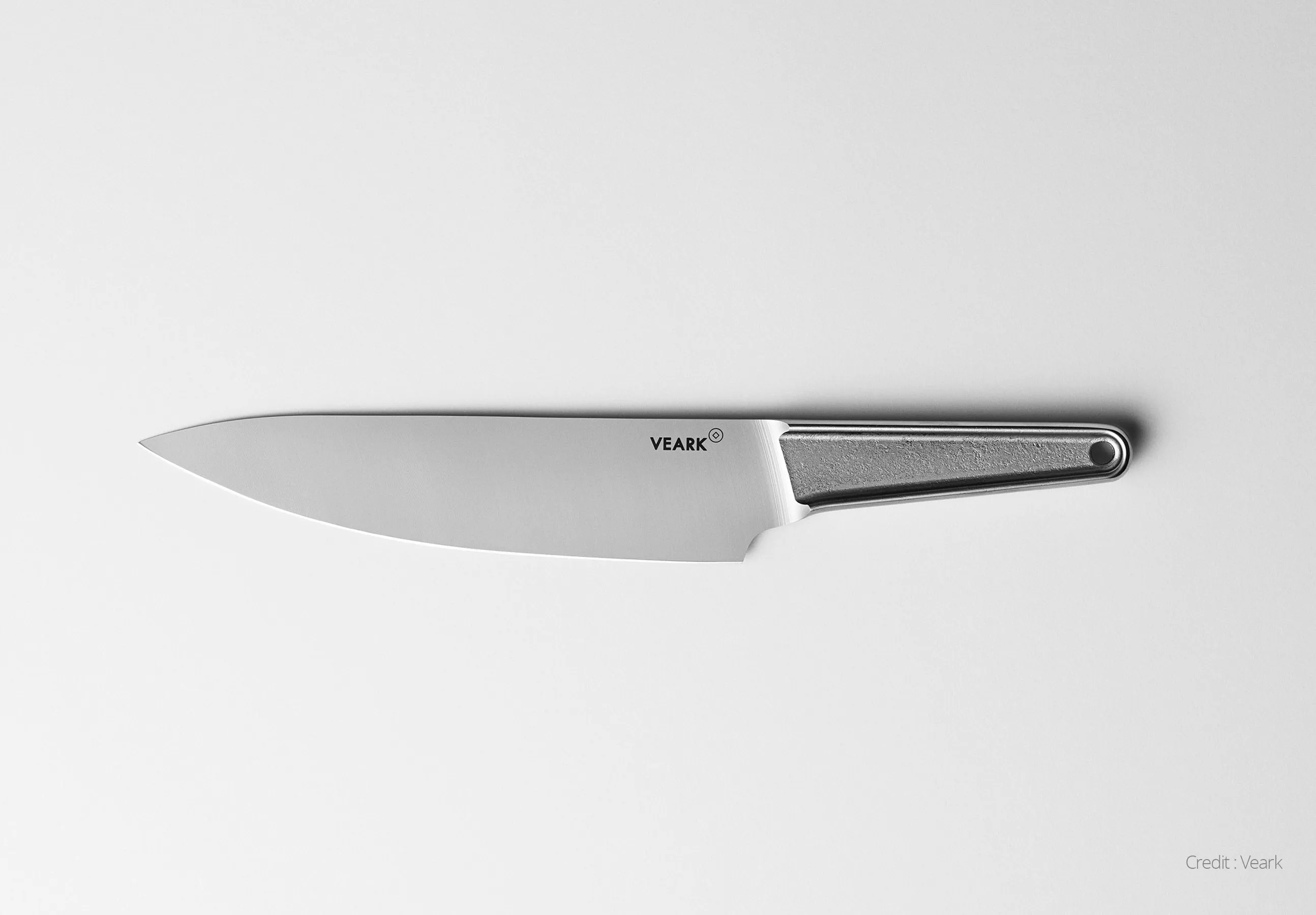
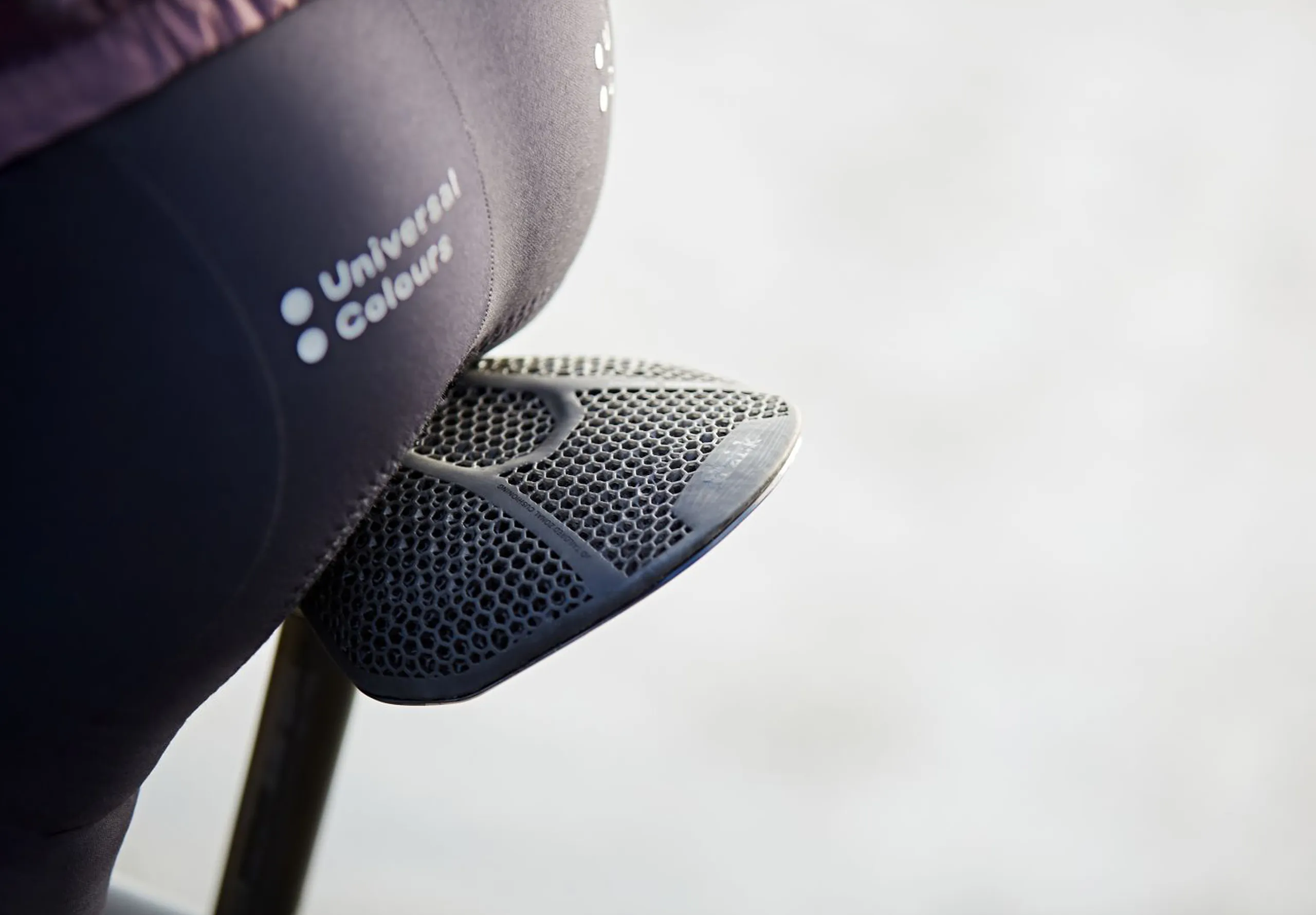
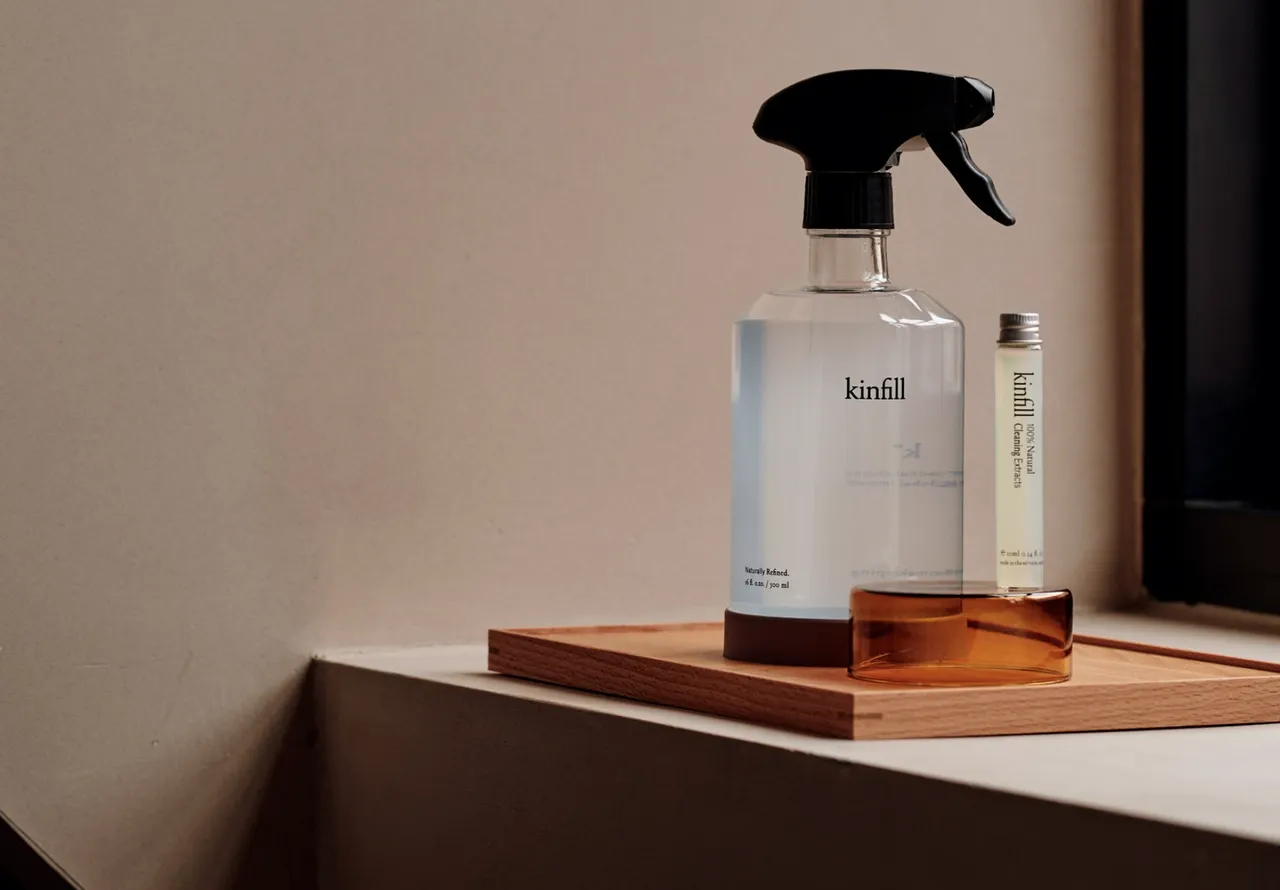
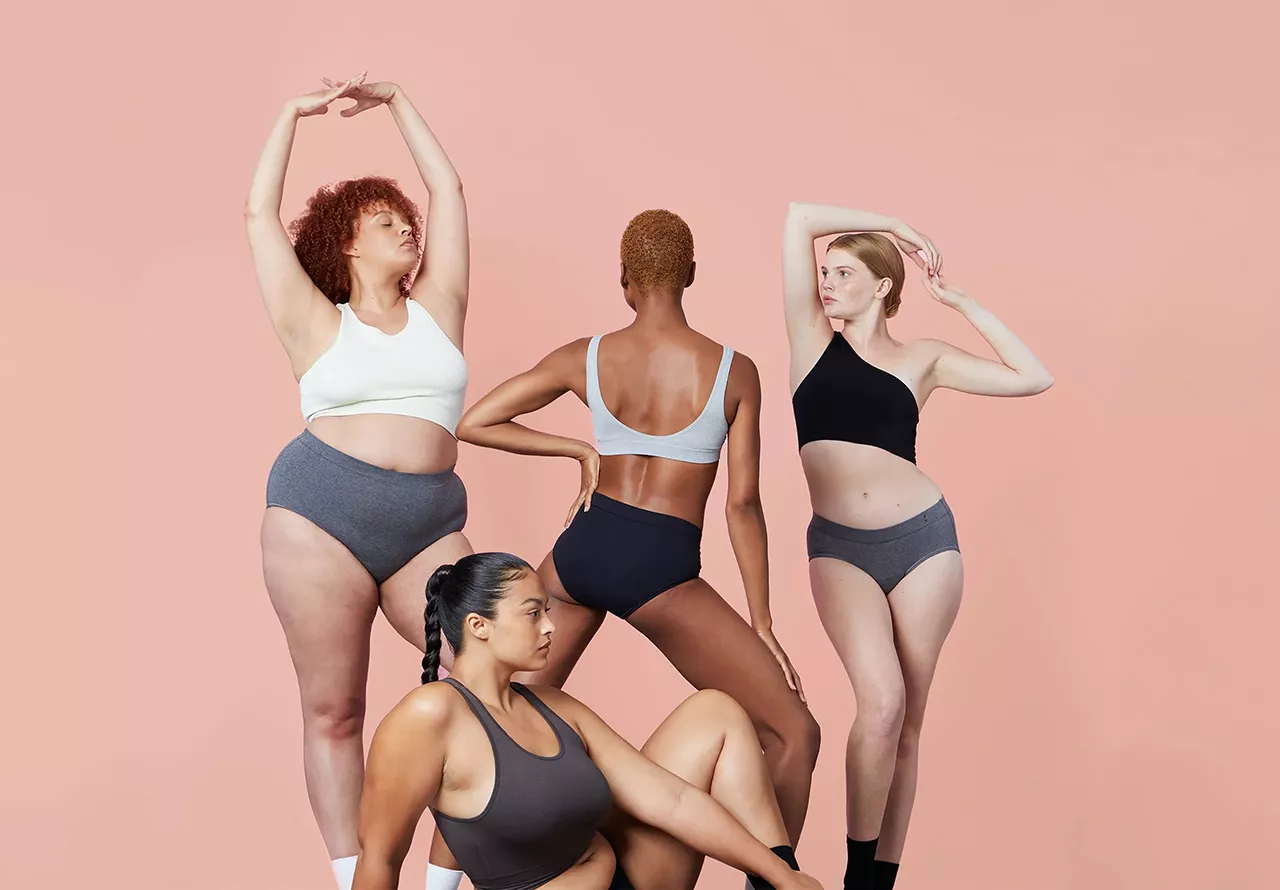
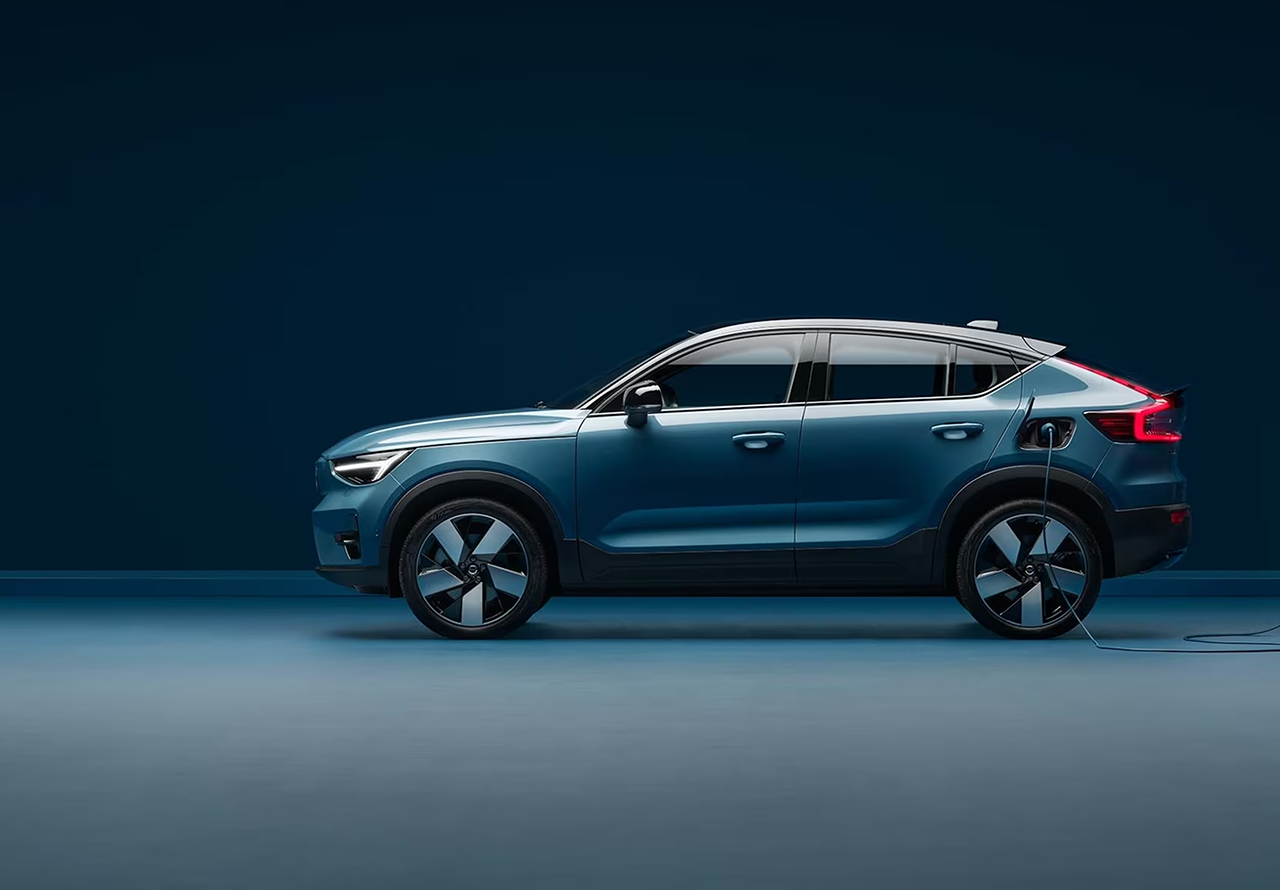
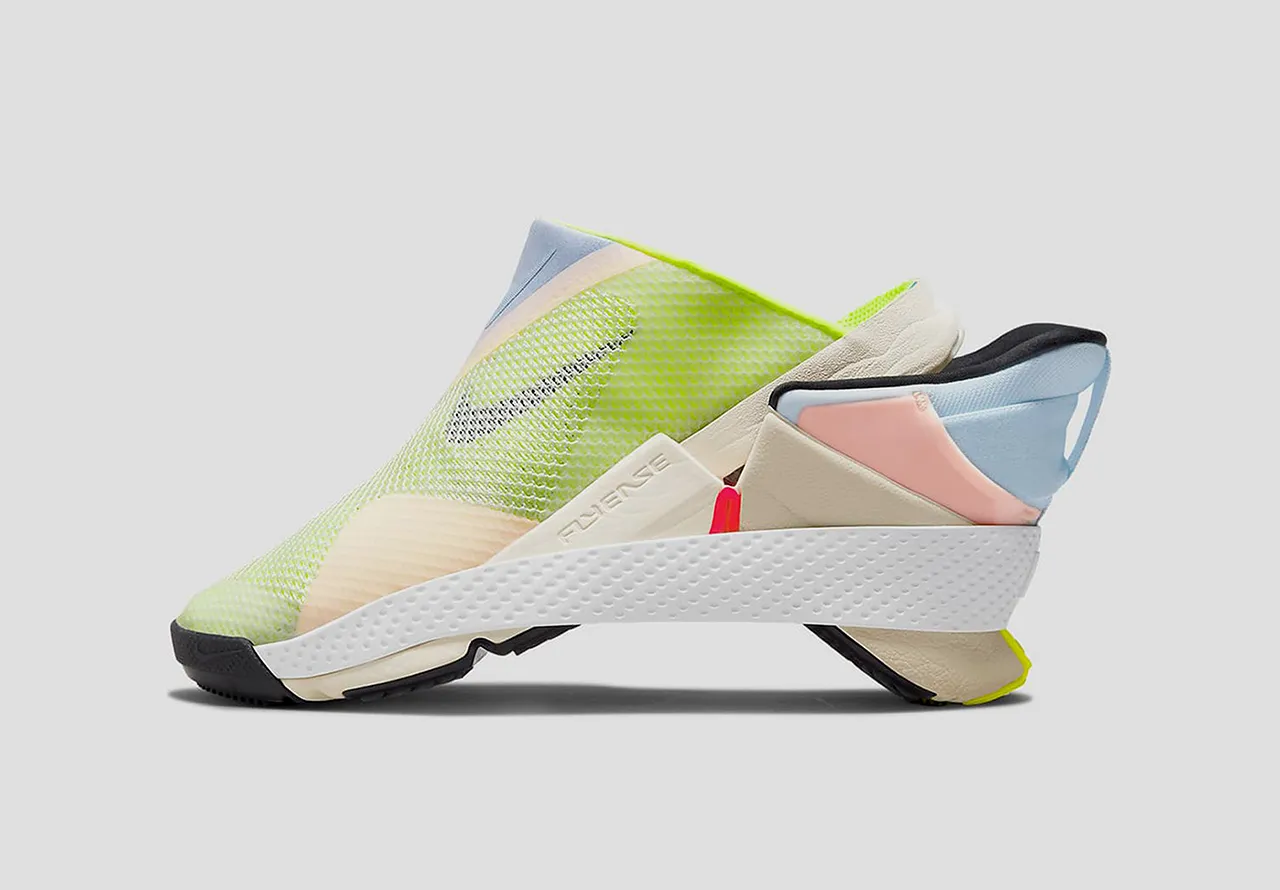
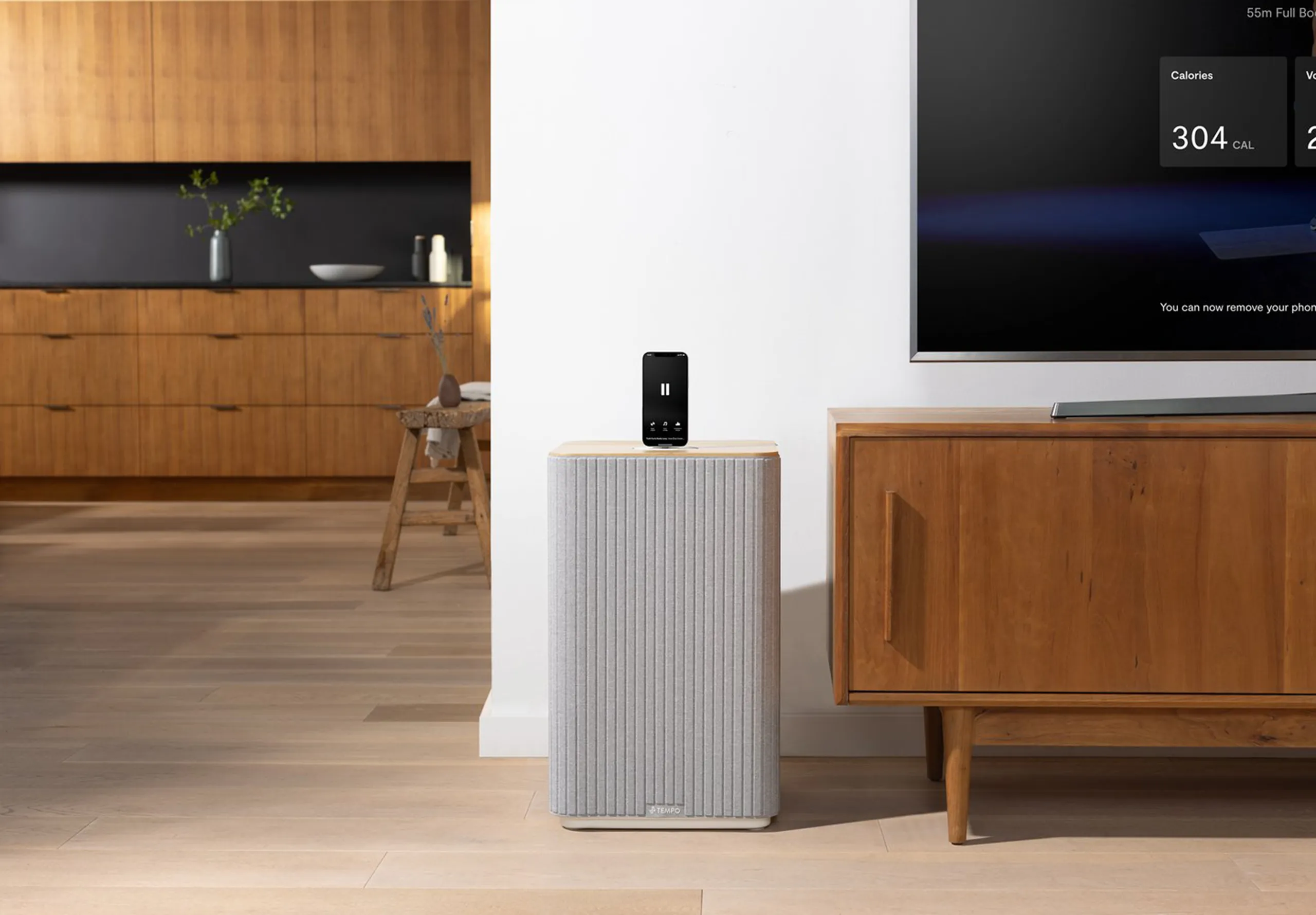
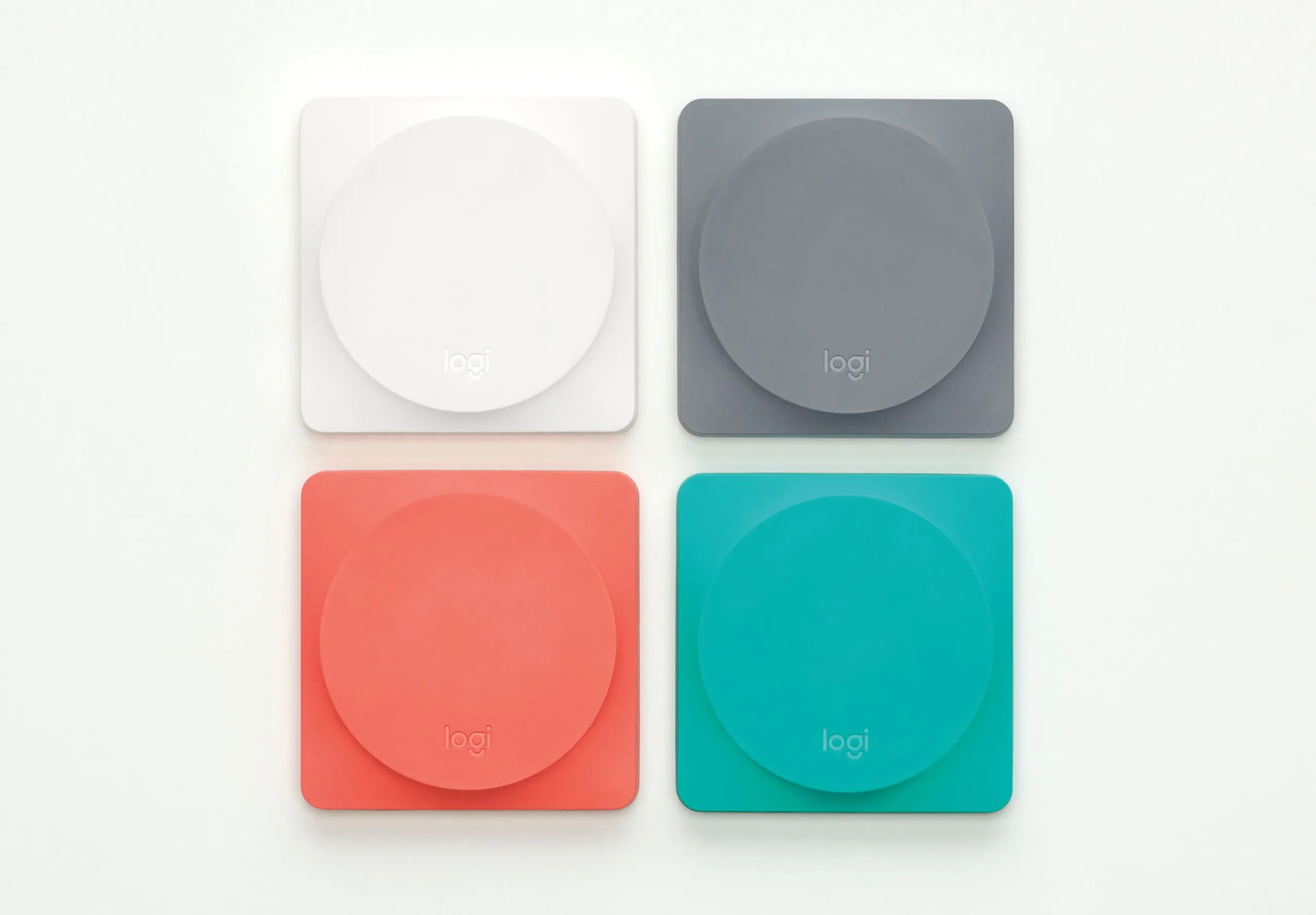
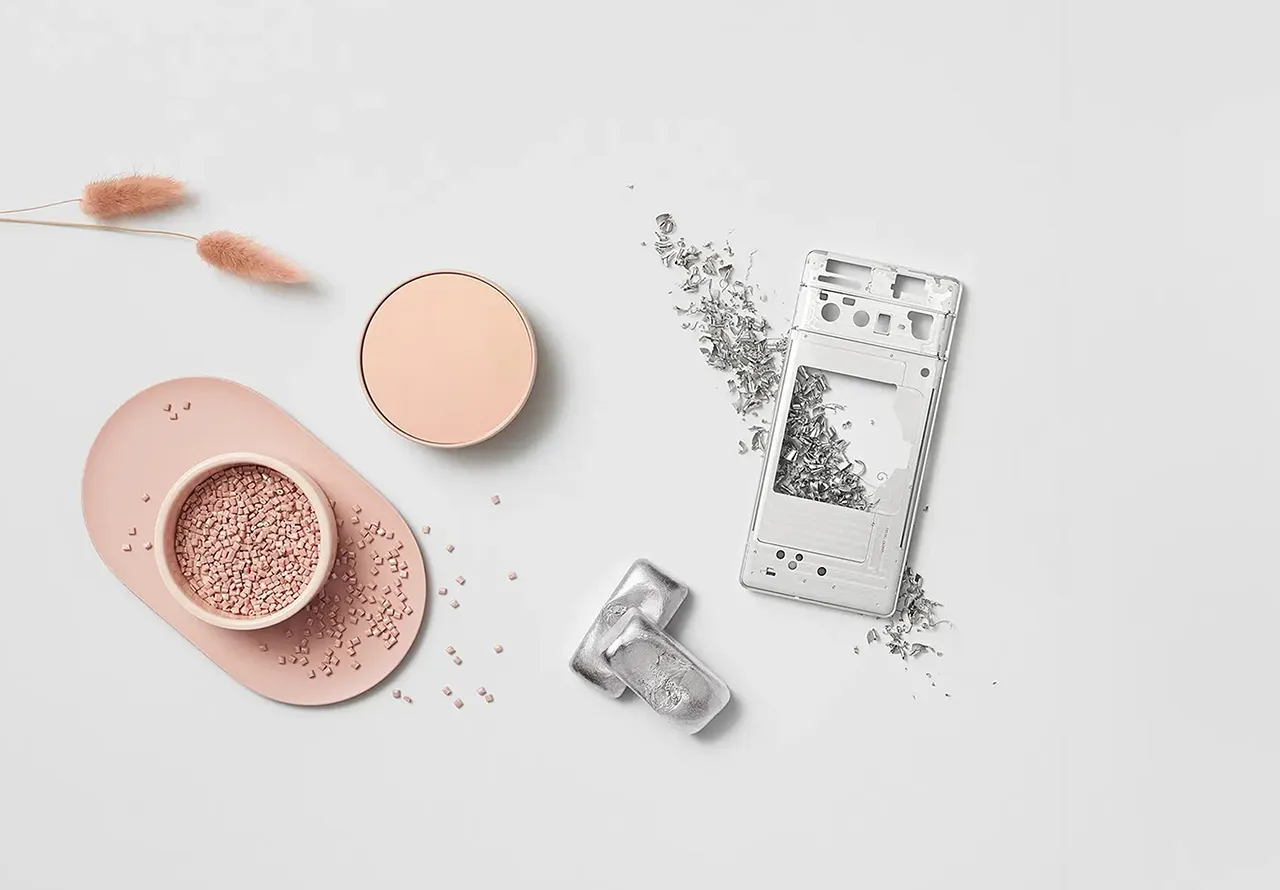
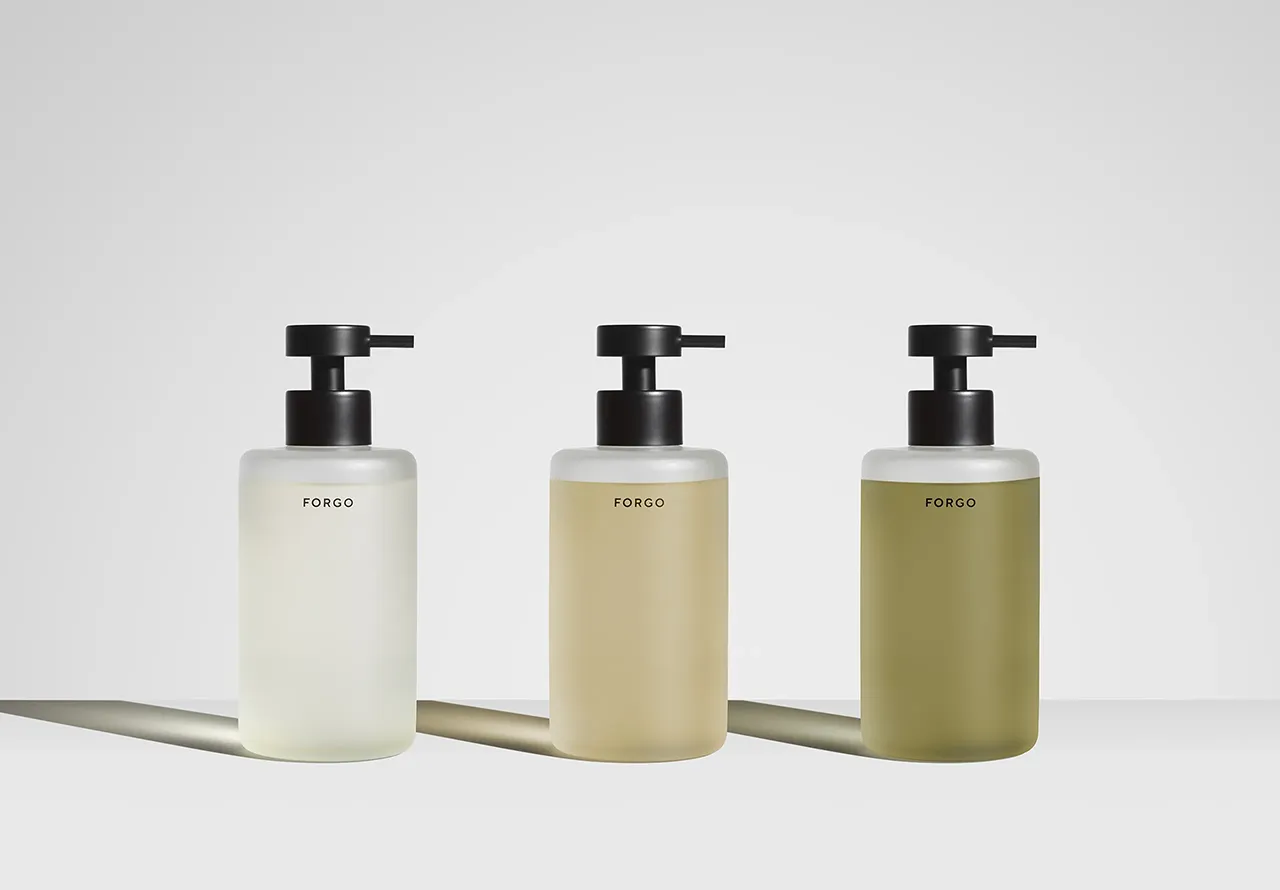

The social media beauty boom
The ubiquity of social media over the last 15 years has profoundly impacted cultural norms, especially for Gen Z who have grown up with these digital spaces as a constant backdrop. Platforms like Instagram have become virtual stages for showcasing beauty purchases, sharing routines, and participating in industry conversations. This shift hasn’t gone unnoticed by forward-thinking brands, who have seized the opportunity to digitise beauty expertise.
Glossier is a great example. Starting as a beauty blog “Into The Gloss,” founder Emily Weiss leveraged social media to build a community around real beauty advice for real people. By prioritising user-generated content and fostering a sense of belonging, Glossier transformed social media into a new platform for accessing beauty expertise, validating products through peer recommendations, and democratising beauty advice as an accessible luxury.